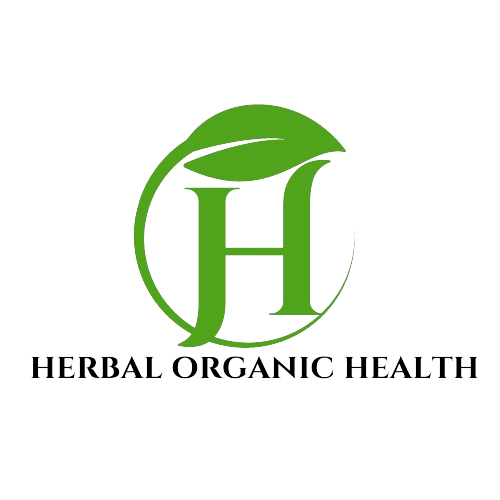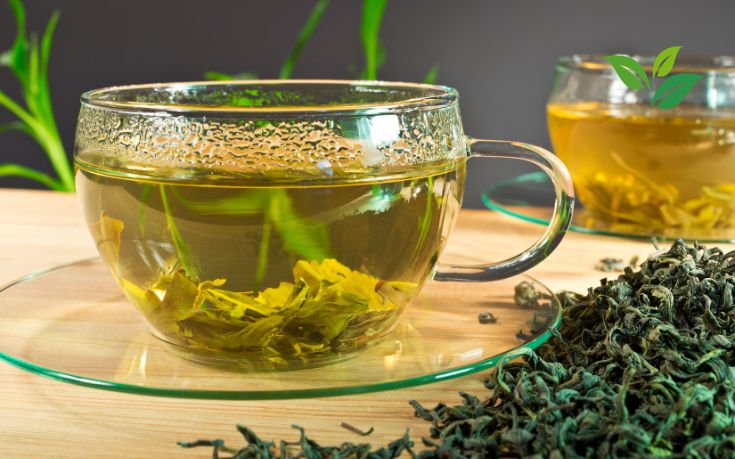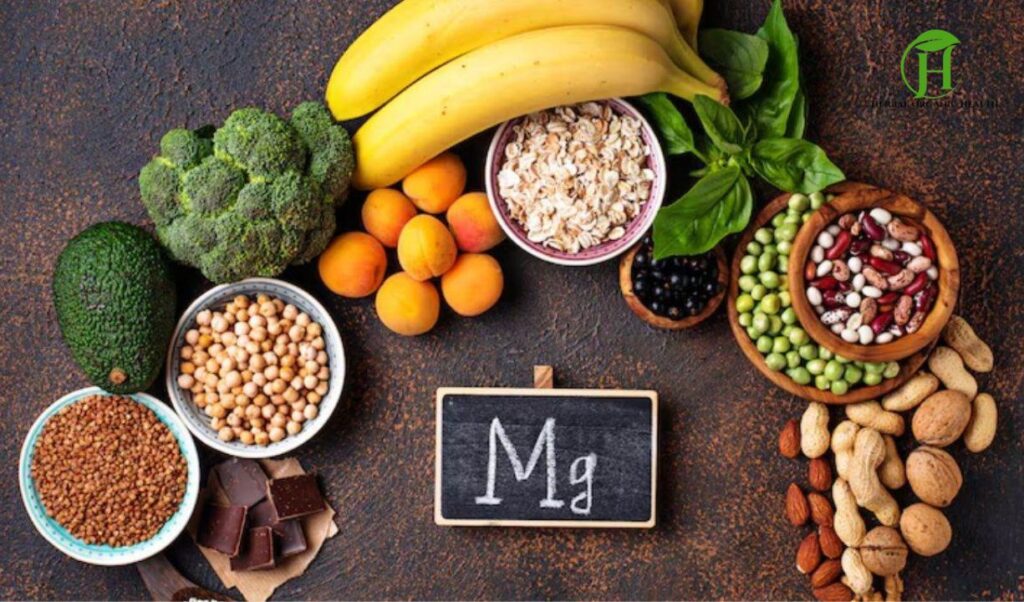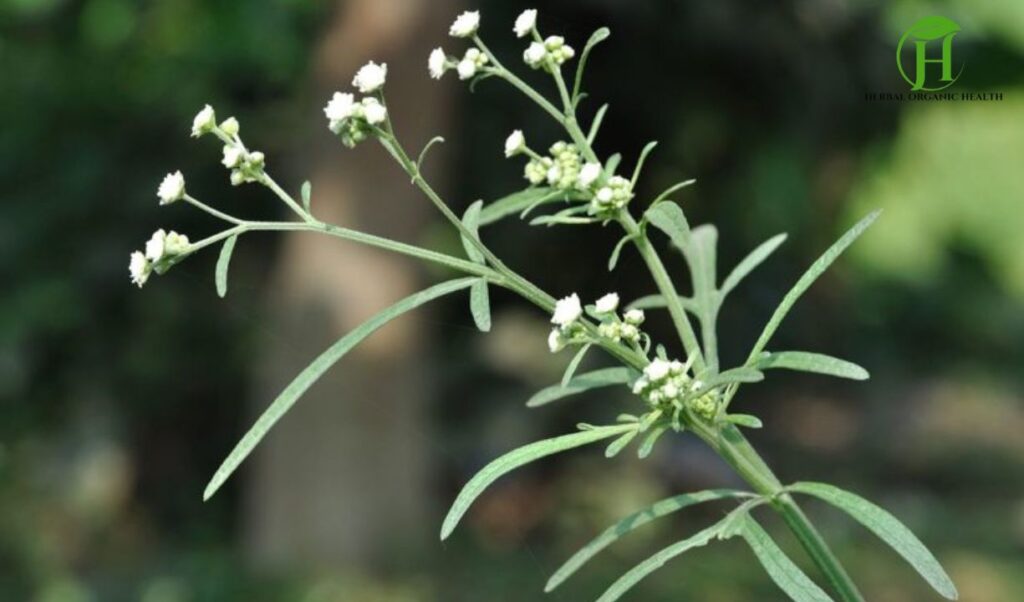First of all, on the list of beverages with health effects, is usually headed by coffee and green tea. Both belong to a rather popular drink line with a different flavor and peculiar properties. Now, which one is better for heart health and blood pressure? The following paper will investigate the issue rather deeply to see which beverage might turn out to be most suitable for keeping your heart fit and blood pressure at a normal level.
Coffee and Green Tea
Both coffee and green tea are powerfully rich in antioxidants and associated with several health benefits. Caffeinated coffee ranked as the biggest source of antioxidants among beverages in the diet. Coffee is known to contain a considerable amount of caffeine, which provides an energy boost and a mental feeling of alertness. Green tea, on the other hand, contains less caffeine but is rich in catechins, particularly epigallocatechin gallate (EGCG), which is a powerful antioxidant.
Coffee and Heart Health
The effects of coffee on heart health have been well documented. Majorly, research indicates that moderate coffee consumption may help cut the risk of cardiovascular diseases.Antioxidants such as chlorogenic acids present in coffee may lower inflammation, improve blood vessel function, and hence lower the risk of atherosclerosis—a condition wherein arteries become clogged and stiff and, finally, end up leading to heart diseases.
Moreover, moderate coffee consumption has been found to decrease the risk of stroke and heart failure. The caffeine in the coffee raises the cardiac efficiency of blood pumping and lowers the possibility of arrhythmias.
However, paramount to note is the fact that excessive coffee first may result in varied side effects, including increased heart rate and higher blood pressure. The key to enjoying heart health benefits from coffee is therefore moderation.
Above the relationship between coffee consumption and hypertension is more complicated. On the other hand, although some studies have established that caffeine raises blood pressure for a short time, this tends to happen more in people who are sensitive or infrequent consumers of caffeine. These short-term increases in blood pressure are related to caffeine’s actions as a general stimulant in the central nervous system.
In habitual coffee consumers, however, tolerance to these effects of caffeine may attenuate these acute elevations in blood pressure. Thus, based on these studies with a long period of follow-up, there could be no evidence for a significant association of coffee consumption with the development of long-term hypertension. Habitual coffee consumption was pointed out by some studies to relate to a lower risk of developing hypertension. People with hypertension should, therefore, be aware of their sensitivity to coffee and discuss it with healthcare professionals to establish how much coffee is safe for them to drink.
Green Tea and Heart Health
Green tea is well known for its long list of health benefits concerning heart health. Among the polyphenols present within green tea, catechins, specifically EGCG, are unconquerable. This helps protect the heart by reducing oxidative stress and improving blood vessel function.
The regular consumption of green tea has been linked to a reduced risk of coronary artery disease. It can help reduce levels of LDL cholesterol, widely associated with plaque buildup in arteries. With the reduction in the amount of LDL cholesterol, green tea prevents atherosclerosis and thus ensures overall good cardiovascular health. Besides, green tea is found able to improve endothelial function needed to maintain flexible and healthy blood vessels.
Green Tea and Hypertension
Green tea consumption also exerts beneficial effects on blood pressure. Several studies have reported the habitual consumption of green tea to contribute modestly to reducing systolic and diastolic blood pressure. The catechins of green tea enable improved blood flow and relaxation of blood vessels, hence lowering blood pressure.
Compared to coffee, green tea contains less caffeine. For this reason, it won’t likely raise your blood pressure in the short term. Among the advantages of green tea are its low charges of caffeine, which is combined with a high amount of salutary compounds, making it great for people who somehow have problems with hypertension.
Drinking green tea is one of the natural techniques for blood pressure regulation and heart health maintenance.
Balancing Benefits and Risks
Comparing coffee and green tea in terms of heart health and hypertension requires one to be considerate of individual taste preferences and health conditions. The beverages differ in terms of their composition, associated benefits, and, hence, tolerance and taste.
Moderate coffee consumption embodies the feel-good factor of daily brews but captures most of its antioxidants and some benefits to cardiovascular health. However, sensitivity to caffeine or underlying hypertension shall compel one to be cautious in intake and seek medical advice. Green tea enthusiasts can quaff this soothing beverage and be assured that it is keeping their hearts healthy, with their blood pressure in check. Given the low content of caffeine and high levels of beneficial catechins, it becomes quite safe to use for the majority of people, including those who have hypertension.
Coffee and Green Tea : Finding the Right Balance
Thus, in essence, both coffee and green tea have benefits for heart health and hypertension at an individual level.
Coffee provides that excellent boost in the case of antioxidants and links to lowering the risk of some cardiovascular diseases, but the intake of coffee should be moderate. On the other hand, green tea is extremely low in caffeine but rich in very powerful catechins that provide superior support to heart and blood pressure health. Ultimately, it depends on individual preferences and health considerations. Both beverages give you different health benefits while allowing you the enjoyment of their tastes and properties. As with any kind of diet change, it is always important to pay attention to what your body responds to and maintain consultations with healthcare professionals on what will work best for you.











